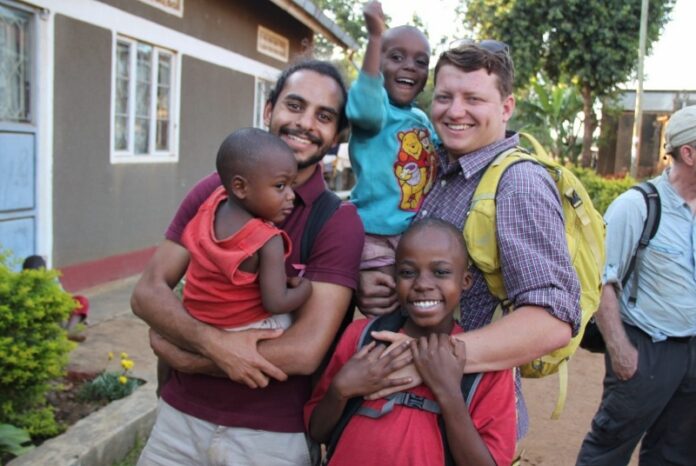
Engineers Without Borders, a student-run organization at Virginia Tech, is supporting a wastewater treatment project in Guatemala, a solar energy project in Uganda, and an irrigation and seed storage project in Nicaragua, all to improve life in underdeveloped communities around the world.
Through these experiences, engineering students become globally conscious, building upon a variety of professional skills that will be valuable in their future careers. Student members are responsible for researching and planning their projects from the ground up, consulting with professional engineers and nongovernmental organizations.
Extensive fundraising and grant writing are necessary to raise money for project materials and travel costs. Engineers Without Borders is also working to raise $5,000 through JUMP, Virginia Tech’s official crowdfunding platform, to help support these international projects in Guatemala, Uganda, and Nicaragua. The campaign will end on Nov. 17.
The organization’s mission is to partner with disadvantaged areas to improve their quality of life through the implementation of environmentally, equitably, and economically sustainable engineering projects.
Virginia Tech’s Engineers Without Borders is working in the Masaka region of Uganda, a country that has one of the lowest electricity access rates among African countries, to provide solar energy to various schools and orphanages. The availability of electricity has made the area safer and has allowed children to study after the sun sets.
The project was established 10 years ago and since then five photovoltaic systems have been implemented. Every dollar spent toward solar systems can save these facilities roughly $22 in electricity bills, according to Solar Cell Central. This statistic demonstrates the need for an energy project in this region.
Another project area that the student organization focuses on is water sanitation. At a boarding and trade school in Guatemala, the team of engineering students has iinstalled a water storage tank and a septic tank. Now, they are designing a leach field and the biofilter components of the system. With adequate funding, the team hopes to travel back to Guatemala in January 2018.
The student organization is also working on a new project in Nicaragua that will ideally create a sustainable food supply for the community of Zapote Oriental. Working with in-country partners, the students will help develop an irrigation system and infrastructure for seed storage. An assessment trip is planned for January 2018 if the Virginia Tech chapter has sufficient funding.
Happening now during the JUMP fundraising campaign are percentage nights, bake sales, and information booths around campus. More information on these events can be found on the Facebook page Engineers Without Borders at Virginia Tech.
Written by Jenna O’Brien

